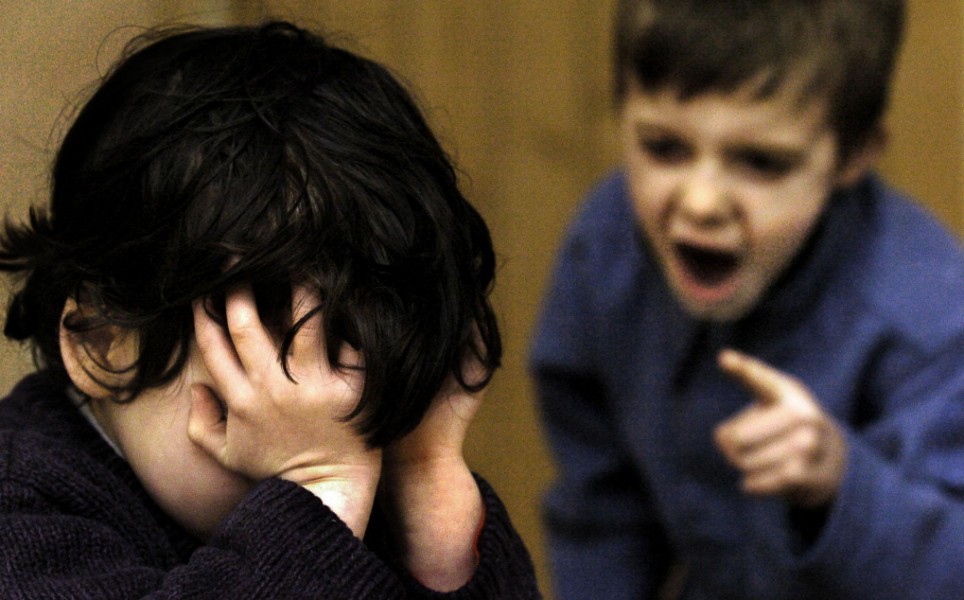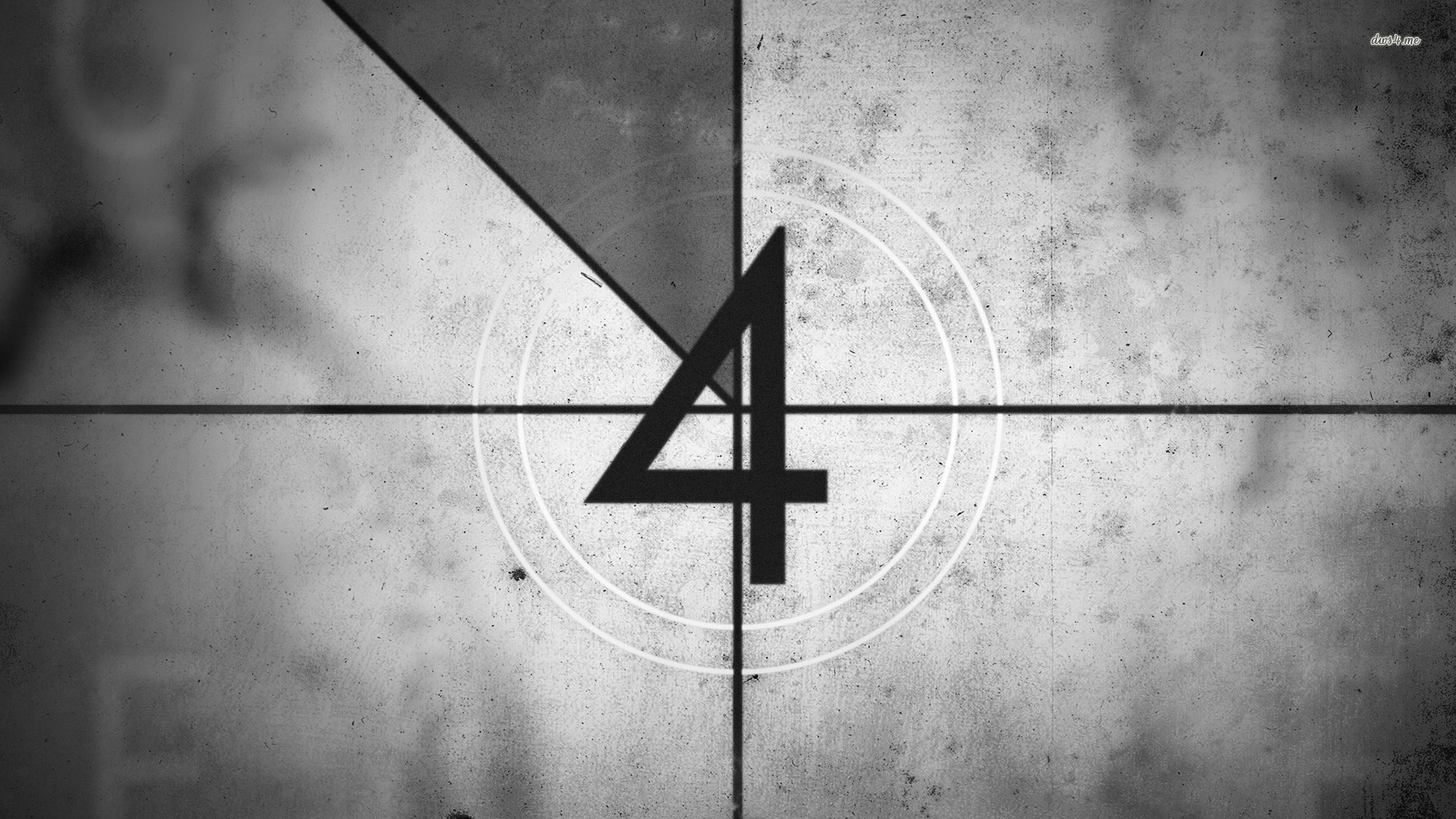WEST LONG BRANCH, N.J. – Society often uses the phrase “Well, it’s the holidays,” as an excuse to treat people nicer than we normally would on a regular basis. This really should not mean the holiday season is the only time we are kind and thoughtful to each other.
Treat others the way you want to be treated! It’s simple, but it is something our we continue to struggle with.
Today, through different forms of social media, cyber-bullying has grown and is an abuse inflicted through the medium of electronic text, done intentionally and repetitively. Modern technology allows people to harass individuals at any time. It needs to stop.
According to stopbullying.gov, the ‘new’ form of bullying includes mean text messages, emails, rumors sent by email or posted on social networking sites, and embarrassing pictures, videos, websites, or fake profiles. It is crucial for us, as witnesses to any form of cyber-bullying, to document and report behavior, so that it can be addressed. It is not something to take lightly.
P.U.R.E. (Parents’ Universal Resource Experts Inc.) was established as an organization to educate parents about the options available to pre-teens and teenagers experiencing behavioral problems. Since its inception in 2001, P.U.R.E. has been widely recognized and well-respected nationally and internationally as it continues to grow and help thousands of parents with their at-risk teens.
The founder and president, Sue Scheff, has been leveraging her personal experiences to help others through her organization, concerned with parents helping parents and promoting awareness of cyber-bullying and other online issues.

After being victimized online and cyber-stalked due to her advocacy work, Scheff won a landmark case for Internet Defamation and Invasion of Privacy. According to a USA Today article from 2006, it started after a mother, Carey Bock, asked Scheff for help in withdrawing Bock’s twin sons from a boarding school in Costa Rica. A consultant of Scheff was able to help her retrieve her twins, but soon after, Bock became critical of Scheff. On the Internet site Fornits.com, where parents with children in boarding schools for troubled teens talk with one another, Bock posted negative messages about her. In 2003, Scheff sued Bock for defamation and in 2006 was awarded the historic $11.3 million from the defamation suit.
After the verdict, Scheff explained how she wanted to make a point to those who unfairly criticize others on the Internet. “I’m sure (Bock) doesn’t have $1 million, let alone $11 million, but the message is strong and clear,” Scheff said. “People are using the Internet to destroy people they don’t like, and you can’t do that.”
The Internet and social networks have greatly increased the risk of child suicide due to bullying says Dr. Yitzhak Kadman, executive director of the National Council for the Child.
Kadman said, “We need to invest in education, not necessarily formal education, of children, parents and teachers so they can identify distress, and encourage them to report any suspicion of injury or signs of distress to professionals.”
He added, “We should also make clear to children that what is disqualified and negative in the real world is equally wrong in the virtual world.”

Tyler Clementi was an 18 year-old freshman at Rutgers University who killed himself by jumping off the George Washington Bridge in Sept. 2010. He did so after discovering his roommate secretly streamed his romantic encounter with another man over the Internet, according to the New York Times.
According to Bullying Statistics as of 2013, Suicide is the third leading cause of death among young people, resulting in about 4,400 deaths per year (according to the Centers for Disease Control and Prevention). For every suicide among young people, there are at least 100 suicide attempts. Over 14 percent of high school students have considered suicide, and almost seven percent have attempted it. Bully victims are between two to nine times more likely to consider suicide than non-victims, according to studies by Yale University.
These are some of the perilous warning signs that may lead up to a possible suicide: signs of depression, withdrawal from others, loss of interest in favorite activities, and/or trouble sleeping or eating, engaging in dangerous activities such as reckless behavior, substance abuse, or self-inflicted injury. Take all talk or threats of suicide seriously and whatever you do, do not tell the person they are wrong or that they have a lot to live for. Instead, get them immediate medical help. Talk to them about your concerns and get them help from a counselor, doctor, or to an emergency room!
What we have to remember is that cyber-bullying does not only happen at school. Like the Scheff example displays, the extent of electronic harassment, sadly, is endless. However, let’s try to stay in the holiday spirit, 365 days a year. Make a New Year’s resolution, and keep it (and keep it bully-free!).




